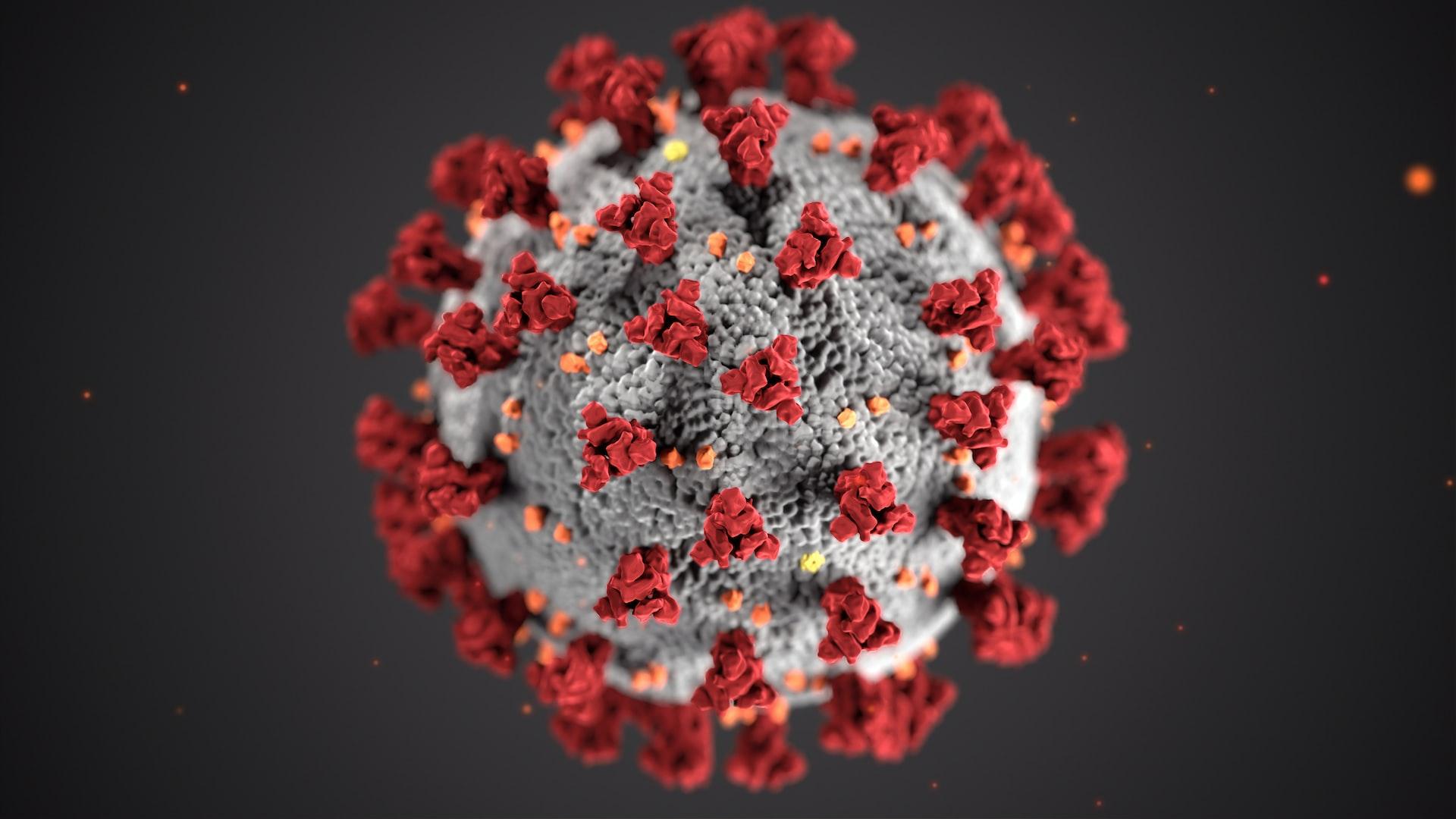Innate immunity in COVID-19

In the beginning of the pandemic the pathogenesis of microvascular complications and organ dysfunction in Covid-19 was not known. To Identify the main players which drive systemic inflammation in Covid-19 is key to identifying targets for therapeutic interventions.
Background
Severe Covid-19 is characterized by microvascular complications resulting in organ dysfunction and occasional death. From other diseases characterized by systemic inflammation with microvascular complications we learned that complement activation as well as neutrophil activation in the form of neutrophil extracellular traps (NETs) is a driving force in the process. Earlier work of our group demonstrated that therapeutic complement inhibition efficiently reduces systemic inflammation by blocking complement and subsequently also inhibits NET formation.
Aim
We aimed to demonstrate that systemic inflammation with microvascular complications in Covid-19 is driven by complement activation with subsequent NET formation. In detail, we aimed to assess complement activation and NETs in plasma of patients suffering from Covid-19 and to study on whether these markers are suitable to assess severity of Covid-19, to predict outcome and to follow the efficacy of therapy. In addition, we aimed to study the pathogenesis of microvascular complications on endothelial cell level.
Results
We demonstrated complement activation and neutrophil activation in the form of NETs in Covid-19 patients. Complement activation and markers for NETs significantly increased with disease severity and were highest in patients who died. Interestingly, in patients with mild disease, the markers for complement activation were only marginally increased as compared to healthy controls and normalized over time, whereas markers for NETs in these patients was comparable with healthy controls. In patients with moderate disease severity markers for complement activation and NETs were significantly increased on admission as compared to controls, but then decreased over time and markers for NETs even normalized. In patients with severe Covid-19, these markers significantly increased on admission and remained high throughout the observation period, with highest levels in patients who died. These data demonstrate complement and NETs to be among the main drivers of systemic inflammation resulting in microvascular complication with subsequent organ dysfunction in Covid-19.
To assess microvascular complications in Covid-19, histopathology of tissue biopsies must be performed. Microvascular complications finally result in death of endothelial cells. We demonstrated in the past, that through a highly regulated process DNA is actively released from dead cells into the circulation and can be assessed as cell-free DNA in plasma. We hypothesize that endothelial cell death results in the release of endothelial-cell specific DNA. Based on tissue specific differential methylation patterns using digital droplet PCR, we developed an assay to specifically measure cell-free DNA released from endothelial cells into circulation. Indeed, we demonstrate that the amount of endothelial cell DNA in the circulation of Covid-19 patients can be detected and significantly increases with disease severity, showing the highest levels in patients who died. These results demonstrate that with this assay endothelial dysfunction and/or death can be assessed in plasma.
Specific contribution to tackle the current pandemic
Based on our data, we could identify complement and neutrophils as main drivers of systemic inflammation and organ dysfunction. Measurement of complement activation and markers for NETs is a suitable tool to assess disease severity in Covid-19 and may help to predict outcome. In addition, we have a tool to assess vascular dysfunction on a molecular level by measuring circulating endothelial cell DNA in Covid-19 patients. The assays developed and applied in this project will also be of use to monitor efficacy of therapeutic interventions.
Original title
Devils dance: complement, NETs and thrombosis in COVID-19
